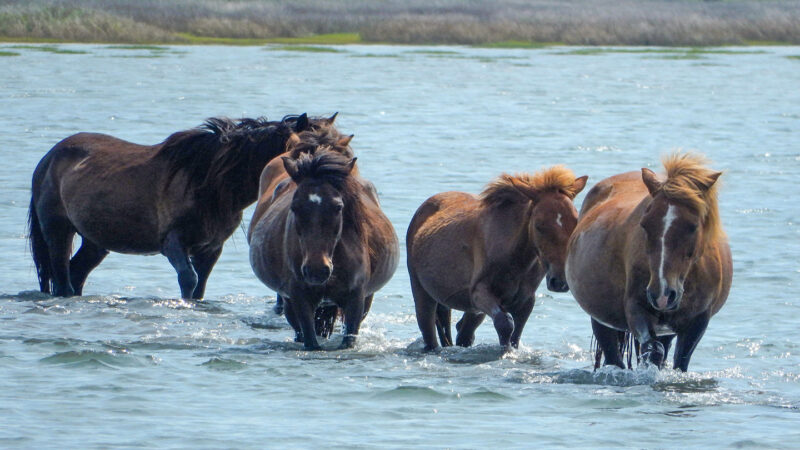
attention: The phenomenon of focusing mental resources on a specific object or event.
average: (in science) A term for the arithmetic mean, which is the sum of a group of numbers that is then divided by the size of the group.
bat: A type of winged mammal comprising more than 1,400 separate species — or one in every four known species of mammal. (in sports) The usually wooden piece of athletic equipment that a player uses to forcefully swat at a ball. (v.) Or the act of swinging a machine-tooled stick or flat bat with hopes of hitting a ball.
biologist: A scientist involved in the study of living things.
carnivore: An animal that either exclusively or primarily eats other animals.
colleague: Someone who works with another; a co-worker or team member.
data: Facts and/or statistics collected together for analysis but not necessarily organized in a way that gives them meaning. For digital information (the type stored by computers), those data typically are numbers stored in a binary code, portrayed as strings of zeros and ones.
evolution: (v. to evolve) A process by which species undergo changes over time, usually through genetic variation and natural selection. These changes usually result in a new type of organism better suited for its environment than the earlier type. The newer type is not necessarily more “advanced,” just better adapted to the particular conditions in which it developed. Or the term can refer to changes that occur as some natural progression within the non-living world (such as computer chips evolving to smaller devices which operate at an ever faster speed).
evolutionary: An adjective that refers to changes that occur within a species over time as it adapts to its environment. Such evolutionary changes usually reflect genetic variation and natural selection, which leave a new type of organism better suited for its environment than its ancestors. The newer type is not necessarily more “advanced,” just better adapted to the conditions in which it developed.
evolutionary biologist: Someone who studies the adaptive processes that have led to the diversity of life on Earth. These scientists can study many different subjects, including the microbiology and genetics of living organisms, how species change to adapt, and the fossil record (to assess how various ancient species are related to each other and to modern-day relatives).
family: A taxonomic group consisting of at least one genus of organisms.
mammal: A warm-blooded animal distinguished by the possession of hair or fur, the secretion of milk by females for feeding their young, and (typically) the bearing of live young.
primate: The order of mammals that includes humans, apes, monkeys and related animals (such as tarsiers, the Daubentonia and other lemurs).
rodent: A mammal of the order Rodentia, a group that includes mice, rats, squirrels, guinea pigs, hamsters and porcupines.
species: A group of similar organisms capable of producing offspring that can survive and reproduce.
